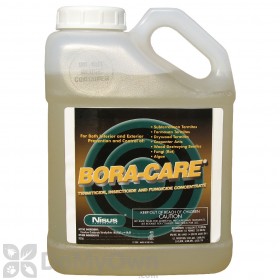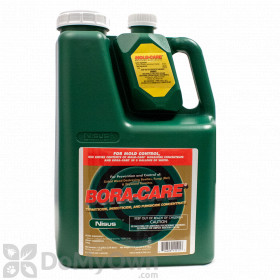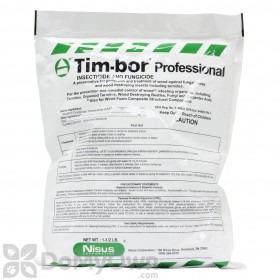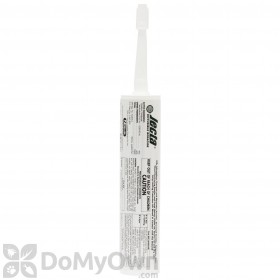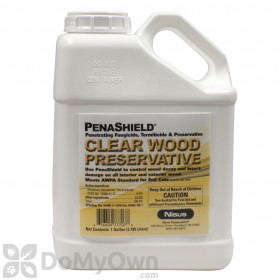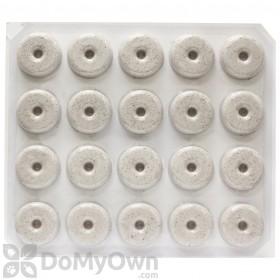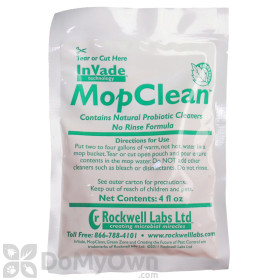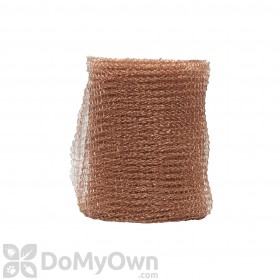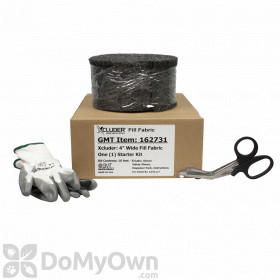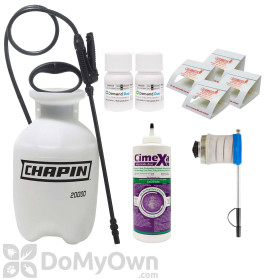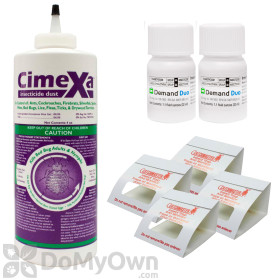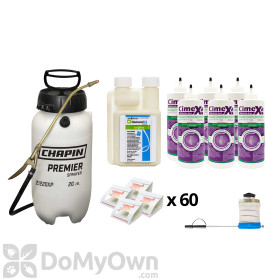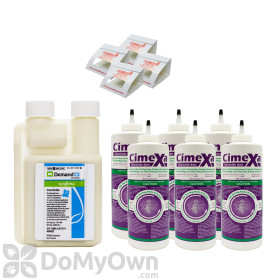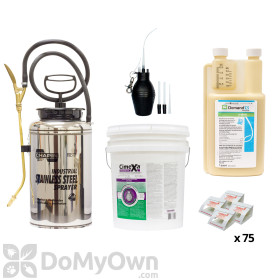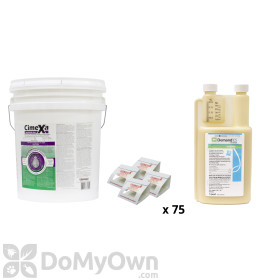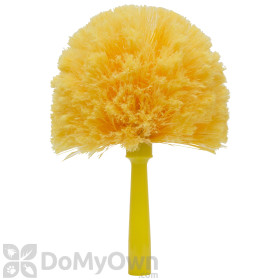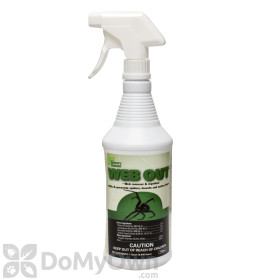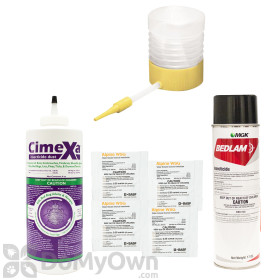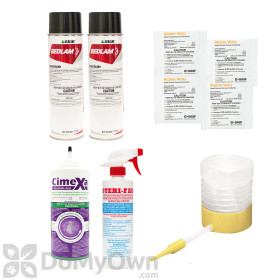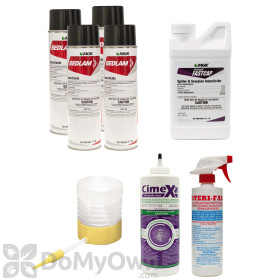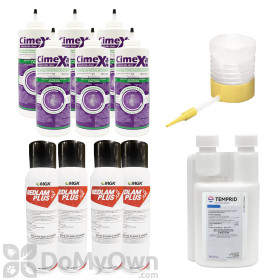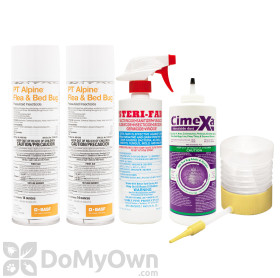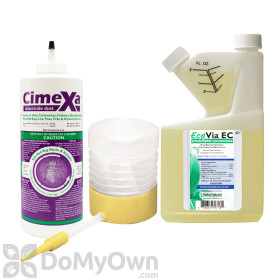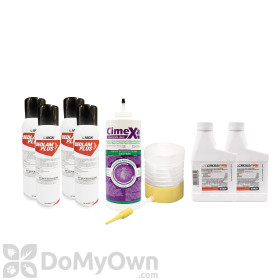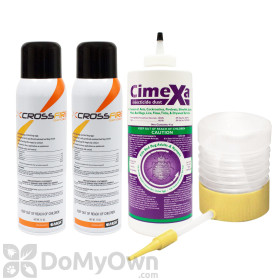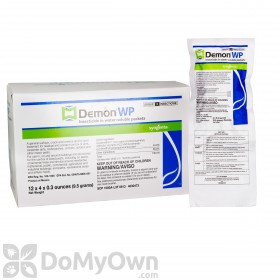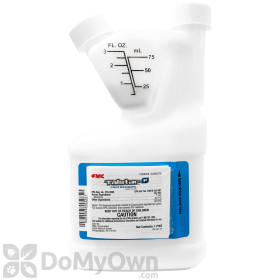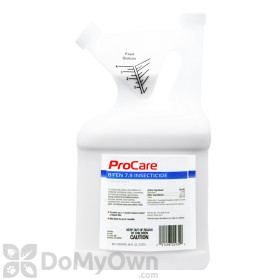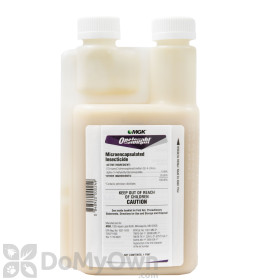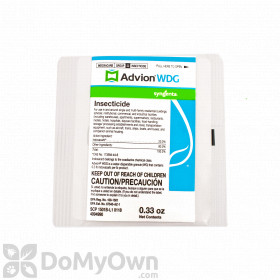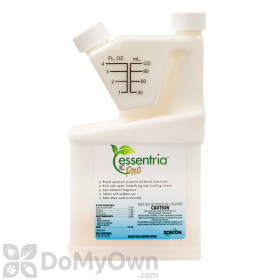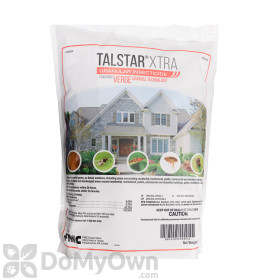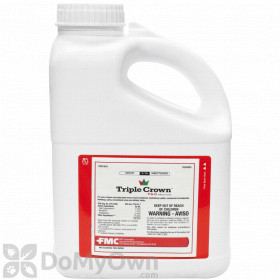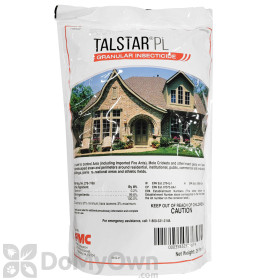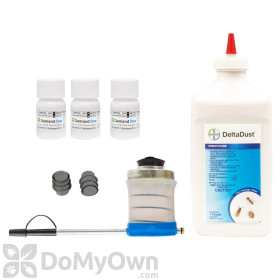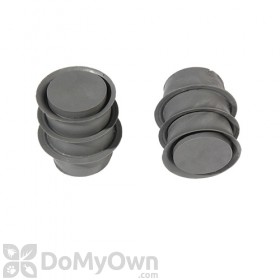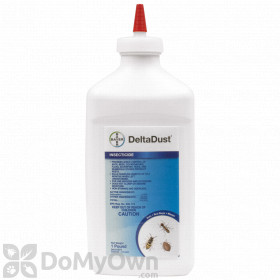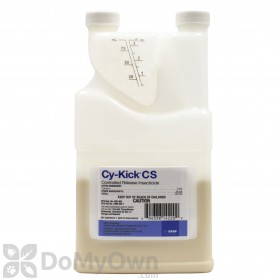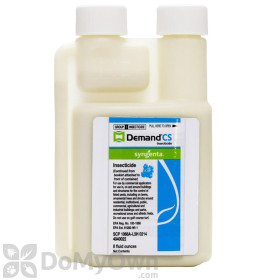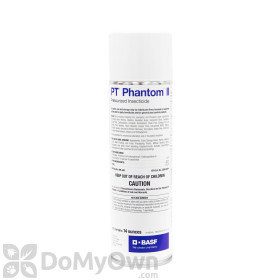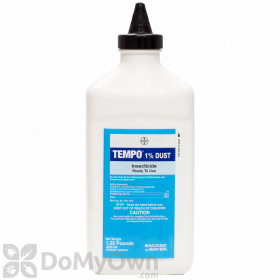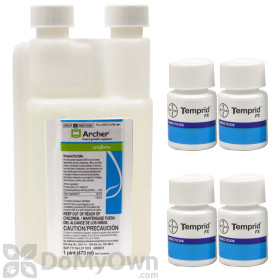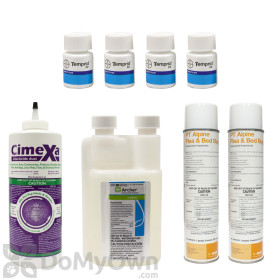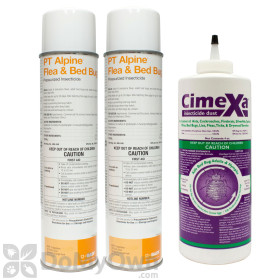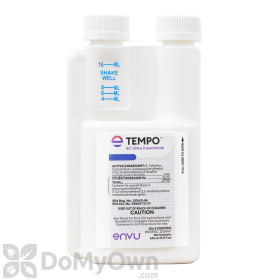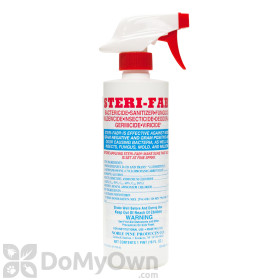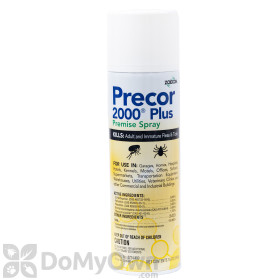
March
Tip
1
Seal or Treat Exposed Wood
Exposed wood, especially wood exposed to soil, can be inviting to wood-invading insects, like termites, carpenter ants, and carpenter bees. Any untreated, unpainted wood should be treated with a termite product, especially if that wood is in contact with the soil or near the foundation, or painted. This will help to prevent infestations from these insects.
Products needed for Tip 1
Tip
2
Eliminate Leaking or Standing Water
Spring is often wet in many areas of the country, and continuous sources of water can be very inviting for pests. Check that faucets, pipes, air conditioning units, hose hook ups, etc. are not leaking, and install drains or redirect water if possible to eliminate standing water. Eliminating any standing water sources around your yard is especially important for mosquito prevention as that is where mosquitoes lay their eggs. If there are standing water sources that cannot be removed, such as ponds, we recommend using mosquito larvicides in the water.
Products needed for Tip 2
Tip
3
Properly Ventilate Humid Areas of the Home
Your home's interior can experience moisture problems as well, and taking care of these issues in the spring will help if the humidity rises in the summer. Humidity will create a good environment for some insects and mold, so proper ventilation in attics, basements, and other humidity-prone areas in your home is important to prevent pest infestations or mold problems.
Products needed for Tip 3
Tip
4
Keep Turf and Plants Away From Foundation
When spring arrives, as plants start to grow, make sure that all grass, ornamental shrubs, flowers, mulch, etc, are at least a foot away from the foundation. Keeping these things away from the foundation will help prevent insects from gaining access to your home.
Tip
5
Replace Damp or Rotting Wood
To prevent attracting termites and carpenter ants, replace all damp or rotting wood inside or around the home. Don't forget to check gutters and eaves of home.
April
Tip
1
Repair and Replace Damaged or Missing Window Screens
Now is a good time to make sure all window and door screens are in good repair, free of holes, and fit well in the window. Replace and repair as necessary, since many nuisance insects like fruit flies and other flies, ants, and many other insects gain access through damaged window screens.
Tip
2
Increase Cockroach Prevention
Outdoor cockroaches are waking up and becoming active again, and since people are often in and out of the house more often, it will be important to take measures to prevent cockroach infestations.
Products needed for Tip 2
Tip
3
Deter Spiders From Entering Your Home
Now that insects are more active, the spiders will be too. Although they can be very helpful in controlling unwanted insects, this doesn't mean spiders are necessarily welcome inside your home. General pest control measures, including sealing off access points and applying exterior pesticides other pest control (which decreases or eliminates a spider's food source) will help to deter spiders from hanging out in or around your home.
Products needed for Tip 3
Tip
4
Keep Critters Away By Keeping Garbage Cans Sealed
Warm weather brings out critters, so make sure all garbage can lids fit tightly and cannot be easily opened. Never leave trash (not in cans) or pet food outside overnight. (Tightly secure all food and garbage to prevent pests from finding their way to the source (this includes pet food dishes and storage containers)
Tip
5
Inspect for Bed Bugs While Traveling
Be extra cautious while traveling and staying in hotels or at a friend's house to avoid transferring bed bugs back to your home. Inspect the mattress, headboard and dresser before putting your personal belongings into the room.
We recommend bringing along some bed bug travel products just in case you encounter an infested room. While travel products are not intended for treating entire rooms and infestations, they are great for traveling and preventing bed bugs from coming home with you.
Products needed for Tip 5
May
Tip
1
Be On The Lookout For Aphids
Aphids can cause serious damage to plants, through their feeding and through disease transmission. In warm weather, aphid populations can explode, so start looking for and treating for aphids now to avoid damage to your prized plants.
Products needed for Tip 1
Tip
2
Control Chinch Bugs Now
Chinch bug damage peaks around June. If you suspect you have chinch bugs or have experienced chinch bug damage in the recent past, inspect and treat now to prevent damage from becoming extensive.
Products needed for Tip 2
Tip
3
Inspect and Treat For Carpenter Bees
Carpenter bees, which bore holes and infest exposed wood, are active now. Start inspecting wood elements around the exterior of your home, and apply preventative treatments or curative treatments as necessary.
Products needed for Tip 3
Tip
4
It's Tick Season Again, Protect Your Family
It is prime tick season from now until the end of August. Take action to prevent and get rid of ticks by concentrating your efforts on any outdoor pets and your yard. Keep pets safe by doing thorough tick checks after they've spent time outdoors, especially in wooded areas. Protect your home by treating shaded areas, especially around trees and bushes.
Products needed for Tip 4
Tip
5
Store Pesticides Correctly
Pesticide products should be stored in a cool, dark place, like a basement. Storage sheds and even garages can get very hot, and this heat can damage pesticides and cause them not to work as intended. Move your pesticides to a better location if you suspect this will be a problem.

